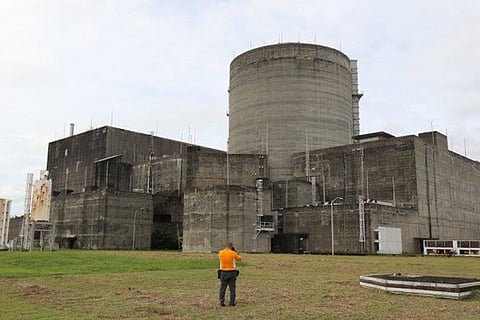
- NEWS
- the EDIT
- COMMENTARY
- BUSINESS
- LIFE
- SHOW
- ACTION
- GLOBAL GOALS
- SNAPS
- DYARYO TIRADA
- MORE

The landmark agreement between the Philippines and the United States on the joint development of nuclear energy as a viable power source has officially "entered into force."
The Office of the Spokesperson of the US Department of State announced on Tuesday that the agreement came into force as early as 2 July.
"Nuclear energy can help achieve these vital global climate change and energy security targets, and we look forward to exploring new avenues of cooperation with the Philippines in civil nuclear energy and other clean energy initiatives," the US Department of State said.
The Civil Nuclear Cooperation Agreement, also known as the 123 Agreement, provides a legal framework for the US to export nuclear materials, equipment, and components to other countries. It allows for the transfer of materials and information for nuclear research and civil nuclear energy production, with a shared commitment to nuclear nonproliferation.
The agreement, which received US Congress approval, will expand collaboration on clean energy and energy security, as well as bolster the long-term diplomatic and economic ties between the two nations.
The Department of Energy has yet to comment on the agreement as of press time.
However, it should be noted that the Philippines government has long been exploring nuclear power as an energy source in line with the global push to reduce fossil fuel use.
Nuclear energy can potentially energize small islands by putting up small modular nuclear power plants, especially in areas not yet connected to the main grid.
